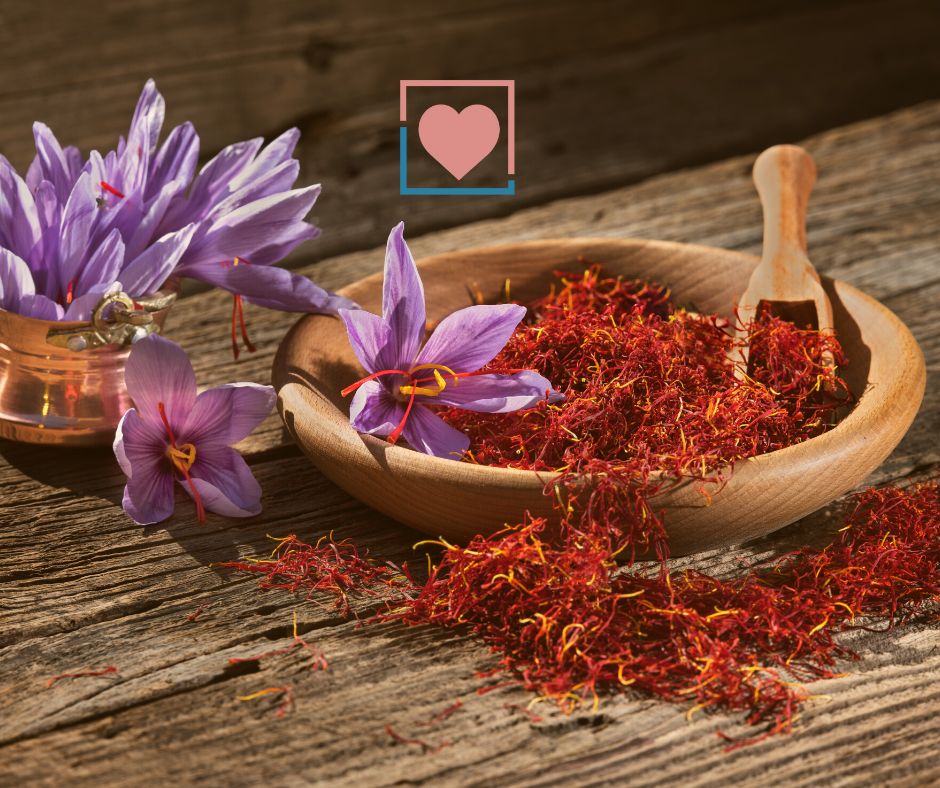The Rise of Saffron in Supplement Form
Saffron—often called the “golden spice”—has transcended its culinary roots to become a sought-after health booster around the world. Known scientifically as Crocus sativus, this precious stigma-packed flower harbors compounds like crocin and safranal that bestow powerful antioxidant, mood-enhancing, and anti-inflammatory benefits. As consumers increasingly opt for saffron supplements to support mental health, immunity, and vitality, understanding potential side effects and safety considerations is essential.

This comprehensive guide delves into the common and rare side effects of saffron supplements, highlights who should proceed cautiously or avoid use, explains possible drug interactions, and offers expert recommendations on precautions and dosages. Whether you’re a first-time user or curious about long-term safety, this article equips you with knowledge to make informed wellness choices.
Common Side Effects of Saffron Supplements
While saffron is generally safe when taken at recommended doses, some people may experience mild side effects, including:
1. Gastrointestinal Discomfort
- Symptoms: Nausea, stomach cramps, bloating, or diarrhea
- Cause: High doses may irritate the digestive tract or alter gut motility
- Prevention: Start with lower doses; take with food to ease digestion
2. Headache & Dizziness
- Some users report mild headaches or light-headedness upon initial consumption.
- Can result from changes in neurotransmitter balance or blood sugar effects
- Usually transient and dose-dependent
3. Allergic Reactions
- Rare but can include itching, rash, swelling, or respiratory issues.
- Anyone allergic to plants in the Iridaceae Family (including saffron) should avoid
- Stop use immediately if symptoms arise and seek medical advice.
4. Dry Mouth & Fatigue
- Mild dryness or drowsiness is reported infrequently.
- Often resolves once the body acclimates to the supplement
Rare but Serious Side Effects: What to Watch For
Some adverse effects are extremely uncommon but bear mentioning due to saffron’s potent bioactivity:
1. Overdose Toxicity
- Intake above 5 grams daily (massive overdose) has been linked to toxicity, including vomiting, bleeding, and possible organ damage.
- Therapeutic doses in supplements are far below this, but caution is warranted.
- Keep dosage as recommended and avoid bulk raw consumption.
2. Mood Swings or Manic Episodes
- Case reports describe mood fluctuations or mania, particularly when combined with psychiatric medications.
- Patients with bipolar disorder or mood instability should proceed under specialist guidance.
3. Blood Pressure Drops
- Excessive intake may lower blood pressure.
- Hypotensive individuals or those on antihypertensive drugs must monitor their blood pressure carefully.
4. Pregnancy Risk
- Very high doses may act as uterine stimulants, posing a risk of miscarriage.
- Pregnant and breastfeeding women should avoid saffron supplements unless supervised by healthcare providers.
Who Should Avoid or Use Caution With Saffron Supplements?
People with Underlying Health Conditions
- Thyroid Disorders: High iodine content calls for moderation, especially in hyperthyroidism or hypothyroidism
- Bleeding Disorders: Caution advised due to potential blood-thinning properties
- Kidney or Liver Disease: Metabolism considerations warrant medical oversight
Children and Adolescents
- Limited safety data; generally avoid or use pediatric formulations
Medication Users
- Those on antidepressants, blood thinners, or blood pressure drugs should seek medical advice before adding saffron.
Potential Drug Interactions With Saffron Supplements
1. Antidepressants (SSRIs, MAOIs)
- Saffron’s serotonin-modulating effects could amplify medications, increasing the risk of serotonin syndrome.
- Always inform healthcare providers of supplementation.
2. Blood Thinners (Warfarin, Aspirin)
- Combined use may heighten bleeding risk due to saffron’s mild anticoagulant properties.
3. Hypotensive Medications
- Saffron’s blood pressure-lowering effects may synergize with drugs, causing dizziness or fainting.
4. Sedatives or Sleep Aids
- Added sedative-like impacts may potentiate drowsiness.
Saffron Supplement Safety: Expert Guidelines and Recommended Dosages
Recommended Daily Dose
- Typical effective ranges: 15-30 mg of extract daily
- Some clinical studies use doses up to 200 mg, but usually under supervision.
- Avoid exceeding label instructions to minimize adverse effects.
Administration Tips
- Start with the lowest effective dose to gauge tolerance.
- Take with food to lessen digestive upset.
- Maintain cycling patterns—e.g., supplement for 6-8 weeks, then pause
Certification Matters
- Choose supplements with third-party lab verification for purity.
- Prefer standardized extracts with clear ingredient disclosure.
Conclusions From Recent Research and Expert Opinions
Reviewing dozens of human clinical trials, saffron stands out as a safe, well-tolerated supplement with genuine benefits and minimal side effects when used prudently.
Experts underscore:
- Importance of quality sourcing to avoid adulterated or synthetic saffron
- Necessity of dosing precision to balance benefits and risks
- Value in medical consultation, particularly for sensitive populations
As research unfolds, saffron is positioned as a powerful adjunct in mood regulation, inflammation control, and overall vitality—but with the prudent caveat of individualized use.
Navigating Saffron Supplement Use Wisely
Saffron supplements offer a natural path to enhanced wellness, but like all potent botanicals, respect for dosing and safety monitoring is key. Awareness of potential side effects and interactions equips you to harness saffron’s rich benefits confidently.
When selecting your saffron product, prioritize certified organic, lab-tested options with transparent labeling. Consult healthcare professionals before beginning supplementation, especially if pregnant, nursing, or managing health conditions.
With informed use, saffron can be a golden thread woven into a vibrant, balanced health tapestry—bringing centuries of herbal wisdom into your modern life.